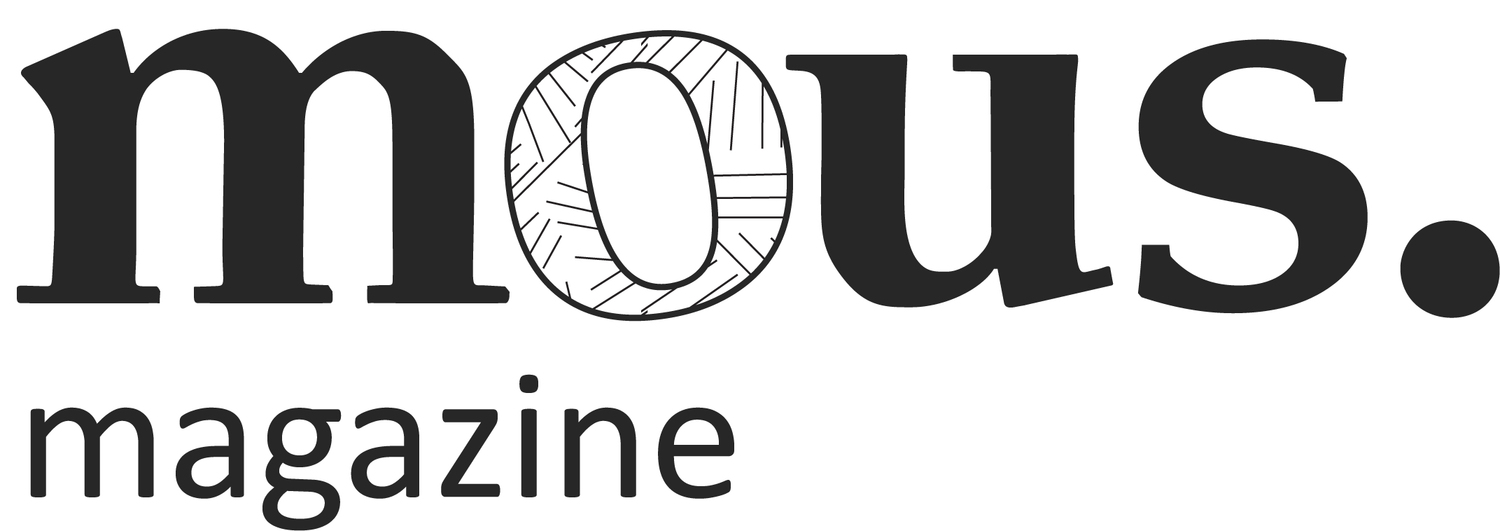/fornicate/
For a long time its been established that sex sells. But generally it isn't the portrayal of real sex and sexual issues that are in the spotlight, but rather, a very narrow and sensationalised view of what we've come to believe sex is. Thankfully, Archer Magazine is changing that. This independent journal of sexual diversity is chock-full of informative content on sexuality, gender and identity. I had the pleasure of chatting to Founding Editor and Publisher of the magazine, Amy Middleton.
Amy tells me she started Archer Magazine in 2013 because she wanted to write about sexuality “but all the relevant outlets seemed to be either strictly gay, or strictly straight”. She says, “I’m interested in sex of all kinds, and as I always say, sex is weird for everyone, so I reckon there’s value in talking about it together.”
A great publication like Archer doesn’t just create itself – it takes a lot of hard work. Amy tells me, “At the moment, I have a part-time job to pay the bills, so I work 4 hours a day on that. The rest of the day (usually between 4 and 6 hours) is spent on Archer.”
Amy’s tasks differ if there are upcoming deadlines for the Archer print edition. “At deadline time, I’m doing preliminary and secondary edits on articles, talking to my image editor, going back and forth with my designer, planning launch events, promoting online content, trying to bring advertisers on board, and handling the postage side of things,” she says. “When it isn’t deadline time, I’m commissioning stories and writers, forging partnerships with like-minded organisations, handling budgets, applying for grants, talking to people in the community, liaising with distributors.”
Archer publishes pieces that focus on diversity and inclusivity. Amy spoke to me about why this type of content is so essential. “It’s important to publish on sexuality, gender and identity because they’re so complex, and often our relationships with them are tricky,” she states. “We’re fed so much bullshit about sex, and for some of us, the result is feelings of shame, isolation or confusion. It’s potentially very harmful to people, especially those of us with non-conforming identities.”
Amy tells me, “The main point of Archer is to show that there’s an enormous number of us that don’t fit into society’s backwards standards, and the community is a strong and supportive one.” Because of this, Archer is a great resource for LGBTQIA+ people in Australia and there has been a great response from these communities: “Everyone says lovely things about us, which helps us to stay motivated”.
She continues stating, “We hold launch events in Melbourne and Sydney for each new issue, and it’s so fun to be in the crowd on those nights. There’s this rich mixture of writers, queers, activists, journos, artists, and an awesome cross-section of minority communities, and there’s this feeling like the publication belongs to everyone.”
Archer features articles from a diverse range of writers and artists from all levels of experience. “Generally, we’re looking for interesting and diverse attitudes to sex, sexuality, gender, body and identity,” Amy says. “Whether you love sex, hate sex or never think about sex, your perspective is valuable, and we want to hear stories based in human experience. These issues are universal.” When it comes specifically to the print edition, Amy states her image editor Alexis chooses photography that shows “diverse bodies and realistic images of people, to break down this barrier of unreality in the media that causes us all so much stress”.
Issue 5 of Archer is released on 3 December. Amy reveals she’s “a little bit in love” with this issue, which focuses on different cultural perspectives on sex and diversity. She reveals, “There are stories from Malaysia, rural Australia, USA and Zimbabwe, and image essays from South Africa, China and across the world. Dennis Altman has written for us on marriage equality, and Maeve Marsden on learning to love her body, and Simona Castricum on the change in her desirability during transition.”
Going forward, Amy says she hopes to expand the Archer team and bring in more revenue with “the aim is to pay ourselves by 2018.” She adds, “We’re also branching out into more American stores, because our sale rate there was so high, I could hardly believe it. Turns out the content is pretty universal.”
Check out the Archer website for more sexually diverse content.












